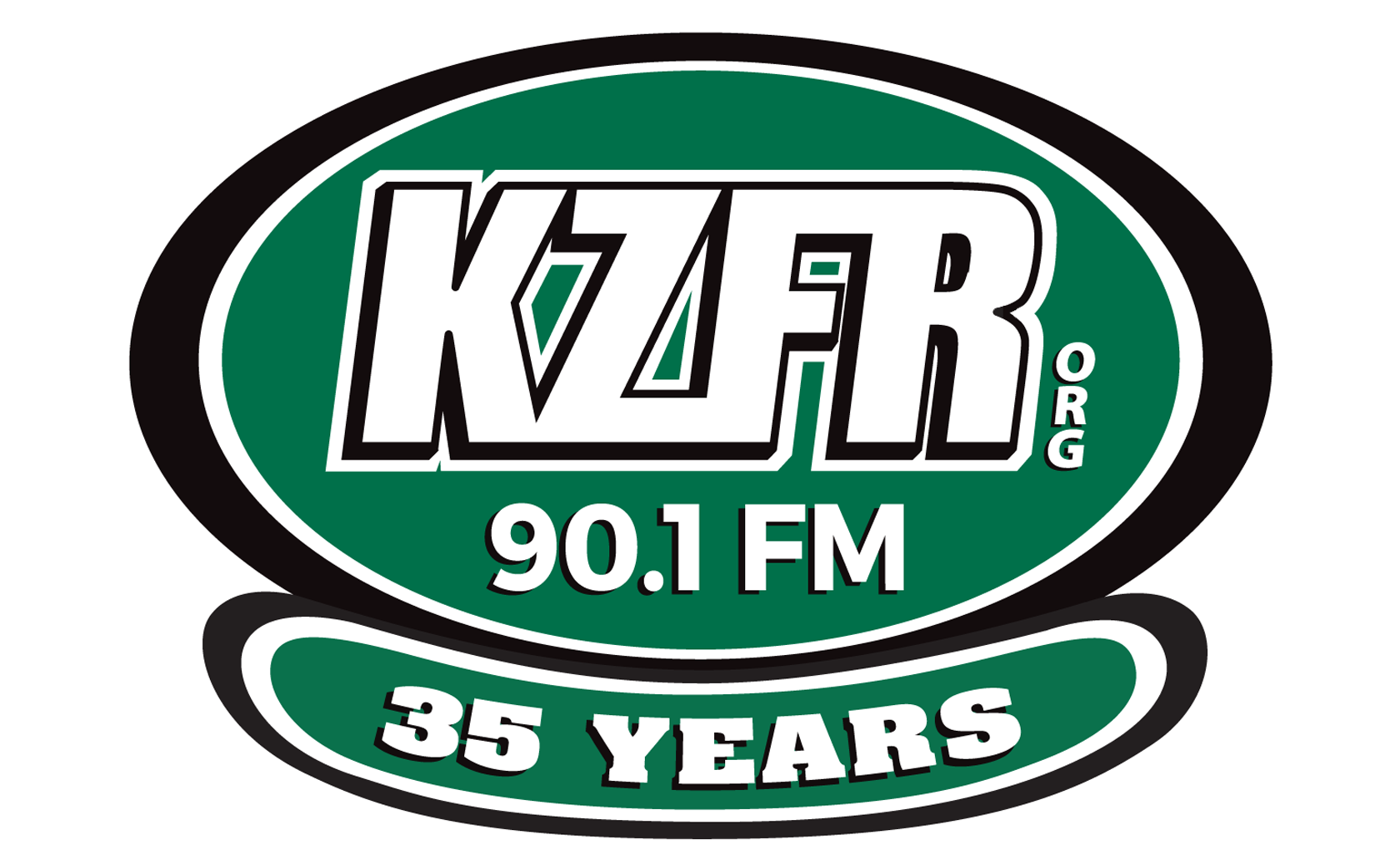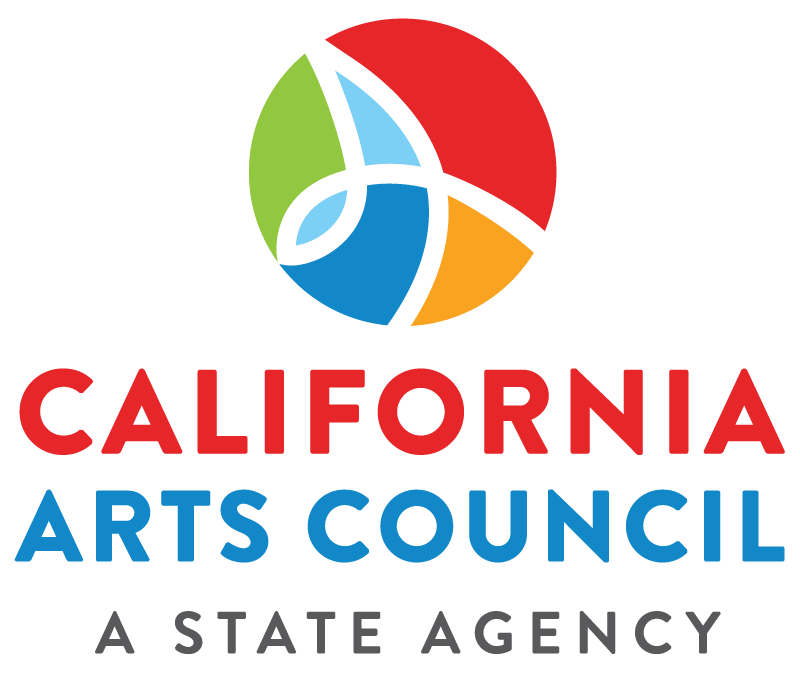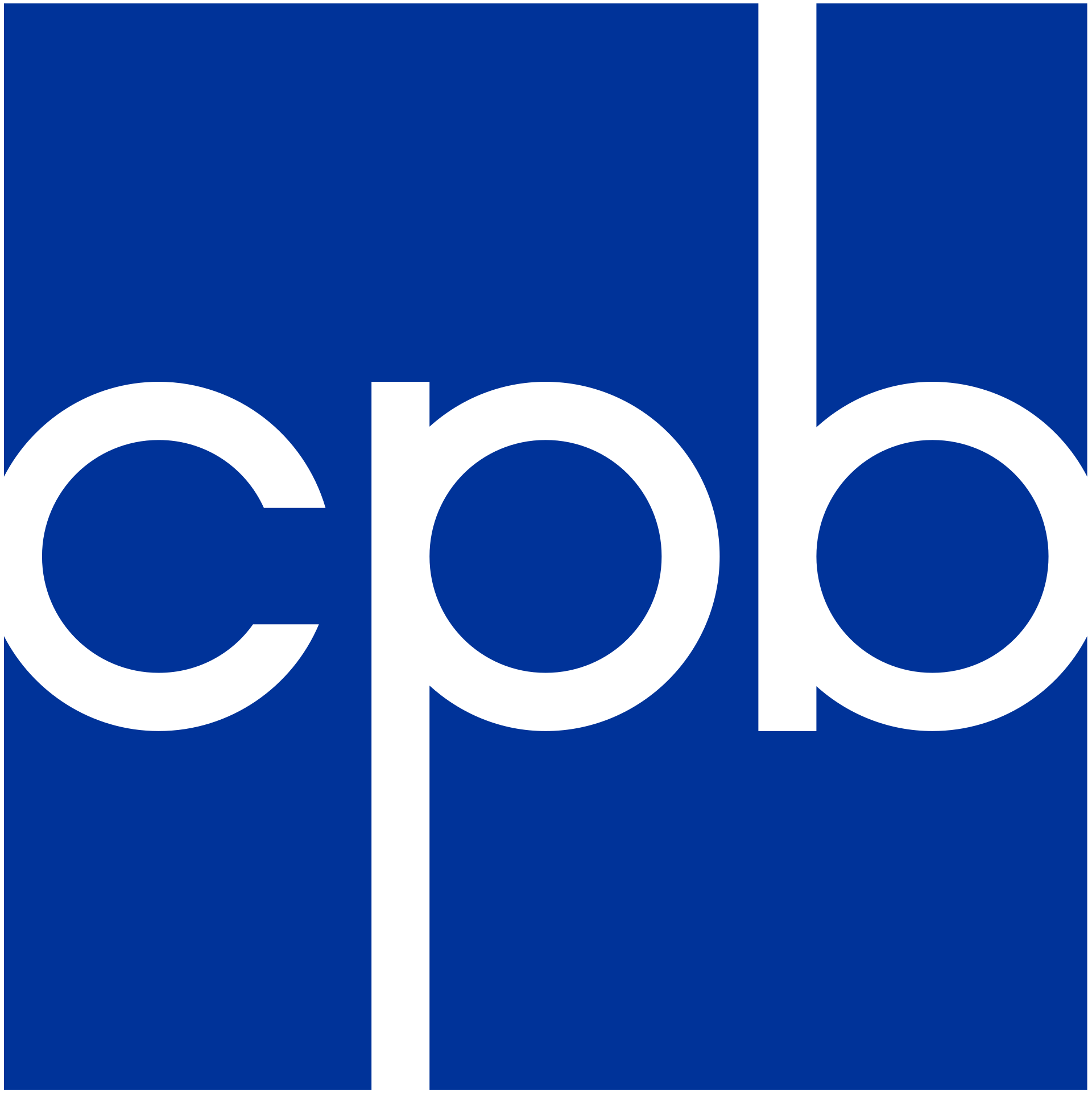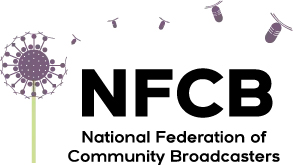Joan Baez’s career has blazed across the cultural and political history of modern America and it’s been carried by her voice and her activism. She recently returned to Viet Nam to revisit her past. It was 40 years ago - 1972 - that she ventured to that war weary nation on a journey of peace. That trip did not set well with American war hawks and uber-patriots, but it wasn’t the first time that she stepped into controversy. Actually, 15 years earlier in her professional debut (if you could call it that) the seventeen year old singer contributed to a slow moving backlash that eventually escalated into a local social and political conflict that played out in the years immediately following her performance. And it took place in Paradise, California.
When Joan passed through Paradise in 1957 it was rural. It had apple orchards. It had only been connected to Chico by the Skyway for six years. It wasn’t an official ‘town’ yet; just a quiet little foothill burg. Her talent and her conscience of course quickly took her to other places, but her mark was left on Paradise in ways that she probably never knew.
Joan’s parents were Quakers. When she was very young, elementary school age, she saw Pete Seeger perform and was inspired to sing and play. When she was in the 11th grade in Palo Alto, she attended a conference of the Quaker social action organization, the American Friends Service Committee (AFSC). It was held at Asilomar on the Monterey coast. At the conference she heard Martin Luther King speak, galvanizing her pacifism. She also performed there.
From her 1987 memoir "And a Voice to Sing With" (Summit Books):
“I was offered my first out-of-town job[performing] by a teacher from Paradise High School who’d heard me sing at the Asilomar Conference. Although I wasn’t paid, my air fare was taken care of, and bumping through the clouds toward Paradise on a small aircraft (somewhere near Sacramento, California) I felt both very proud and very afraid. I was truly fawned over on this trip. Senior girls battled over whose house I should stay in and teachers wanted me to visit their classes. The father of one of the girls was a Shriner who dragged me off to sing at a dance hosted by members of his club. After three songs I sat down to have a Shirley Temple and a red-eyed old Shriner teetered over, put his arm around me and said in a kindly way, but with breath that could have withered a young oak, “You’ve got a helluva voice kid. Don’t sign cheap.” I was far from thinking of signing anything, but I was blossoming in the attention.”
She doesn’t say what songs she sang at the High School and for the Shriners but there’s a good chance that Pete Seeger’s spirit was present. If her songs were controversial at all they may have been a catalyst for things to come in conservative Paradise. Even though manic red-baiting McCarthyism was on the wane nationally it still had a formidable presence in the north state.
Within a few years of Joan’s Paradise visit the local American Legion Post and John Birch Society would be hiding tape-recorders in hollowed out books and monitoring Paradise teachers for un-American activities and anti-patriotic lessons. A retired Chico State professor told me that an impassioned speech by actor and political aspirant Ronald Reagan lit a fire under some local Birchers who then lit a fire on a pile of books that they didn’t want to be found on any library’s shelves. While the Paradise Post supported the teachers the Chico Enterprise-Record editorial page campaigned against them and the witch hunt spread from Paradise classrooms to Chico School District classrooms and then onto the Chico State College campus.
Sociologist Ritchie Lowry was a teacher at Chico State College between 1958 and 1963. He was working on his Ph.D. dissertation through U.C. Berkeley at the time and his topic was “Community Leadership and Social Change in a Small Community.” His dissertation documented the political climate in Chico and surrounding area during his time in Chico.
He reported on some events “that symbolized the growth of right-wing support and activity” in the area. One of these events:
“……involved the wife of a State College professor who was a high-school social studies teacher in [Paradise] near [Chico], as well as an active Democrat, and had earned herself the reputation as an outspoken ‘liberal’ on major social and political issues of the day. For years her teaching techniques had involved classroom debates on major controversial issues, staging mock United Nations and U.S. Congressional sessions, field trips to the state capital and political conventions, class attendance at conferences [outside the area] to hear major critics and controversial speakers…..The first evidence of a vigorous campaign against this teacher developed in 1962. The incident which triggered this response …. [was] when she used ‘The Nation’ magazine [a progressive, liberal publication] in her classroom…[to discuss] the growing ‘military complex.’ The local American Legion post and individuals claiming to represent the local John Birch Society denounced the teacher for subverting the patriotism of American youth by advocating leftist ideas. They recalled that she had once taken a group of students to a conference sponsored by the ‘suspect’ American Friends Service Committee.”
Both Joan’s and Lowry’s accounts pivot on the teacher with AFSC connections. So it seems that Joan had a walk-on role to play in this chapter of Paradise history. Her invitation to perform came from a progressive teacher who promoted critical thinking and had pacifistic tendencies, both of which irritated local right-wingers. This teacher was eventually targeted by neighborhood McCarthyites and fell victim to the subsequent witch hunt. Lowry reported that she lost her job and was unemployable locally. Later though, she filed a slander suit against the local American Legion post and the self-proclaimed Birchers and was vindicated with an award of $16,500 and went on to a long and distinguished career in Marin County.
Within a year of Joan’s performance on the ridge, her father took a job at MIT and the family moved from Palo Alto to Massachusetts. Joan began to perform in Boston and Cambridge coffee houses, and soon was being paid to sing and play. In 1959 she made her first recordings in a friend’s basement: “Folksingers ‘Round Harvard Square” featured Joan, Bill Wood and Ted Alevizos performing individually and together. Later that year Bob Gibson invited her to perform at the 1959 Newport Folk Festival which introduced her to the national audience and soon enough she was on the cover of Time Magazine as ‘the face of folk music.’
Dr. Ritchie Lowry also wound up in Boston but first his dissertation was turned into a book “Who’s Running This Town?” that was published by Harper-Row in 1965. In the book Chico is identified as “Micro City” but the detailed descriptions of landmarks, businesses and individuals makes its subject recognizable to anyone familiar with the town. After Dr. Lowry left Chico he took a job with the Army’s Special Operations Research Office (where his office’s critical reports on the Viet Nam war were ignored and censored) and then he became a tenured professor at Boston College where he combined research with activism, and taught for over 30 years. He has published numerous books, perhaps the most well-known being “Good Money: a Guide to Profitable Social Investing in the ‘90’s” (W.W. Norton).
The John Birch
Society (JBS) was founded in 1958 by Robert Welch and Fred Koch as an advocacy group that was anti-communist and
promoted a constitutional republican form of government. It was named after a
missionary and intelligence agent who was killed in China in 1945 and who the JBS
founders referred to as the first victim of the ‘cold war.’ Between its
founding and the mid 1960’s the organization spread rapidly as local chapters
formed across the U.S. and gained influenced within Republican Party ranks. Its
influence just as rapidly evaporated as the group’s conspiracy theories
surfaced. Koch for example, claimed that both Democrat and Republican Parties were infiltrated by the Communist
Party and publicly expressed his support for Mussolini's brutal suppression of
communists. During the civil rights era he wrote: “The colored man looms large in the Communist plan to take over America,"
and “public welfare is a secret plot to
attract rural blacks and Puerto Ricans to Eastern cities to vote for Communist
causes and get a vicious race war started." The acorn doesn't fall far from the tree, and Koch's progeny have continued in the family tradition, being the chief benefactors of the JBS's right-wing successor, the Tea Party.
On American Pastimes: Music from “Folksingers ‘Round Harvard Square” (Veritas Records); Joan performing at the 1959 Newport Folk Festival; and “Joan Baez in San Francisco” which is an 'unauthorized' live recording from 1958 that was released by Fantasy Records in 1963.









